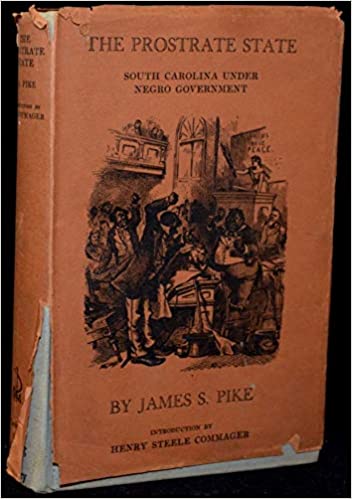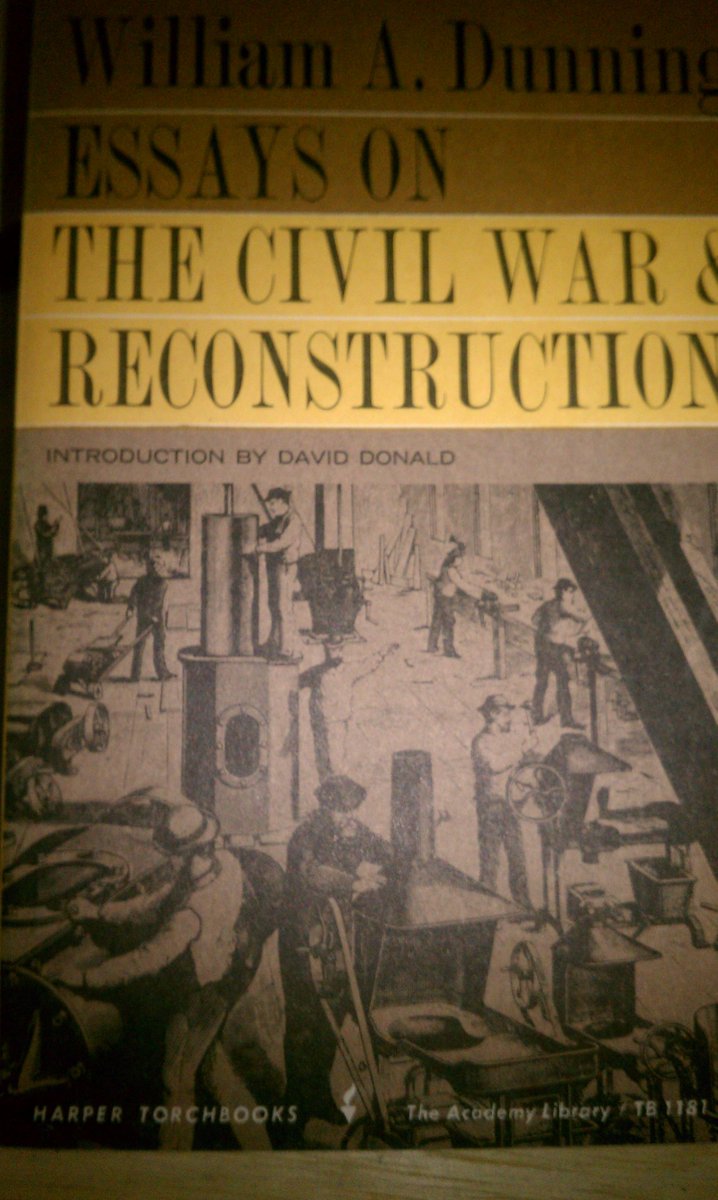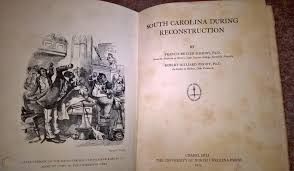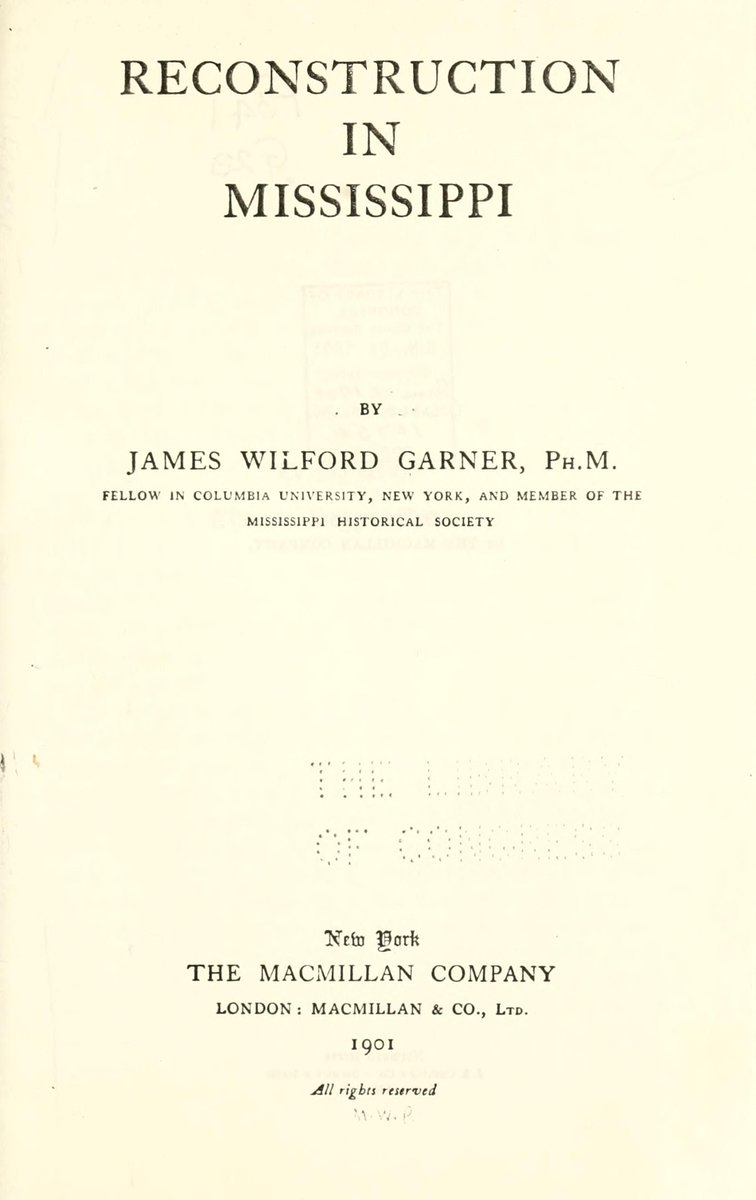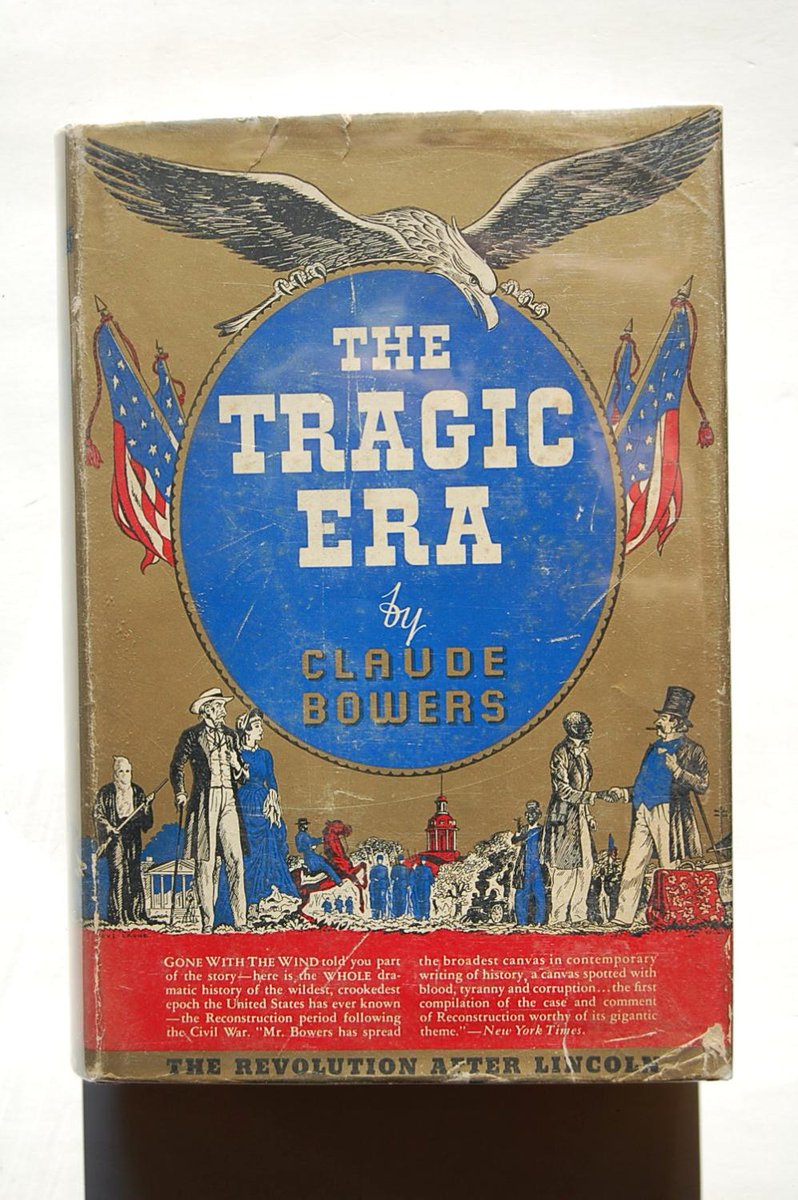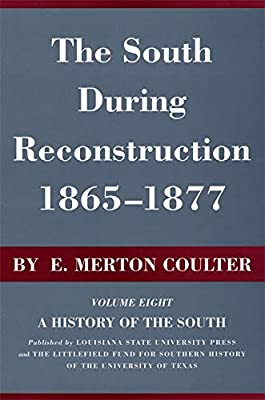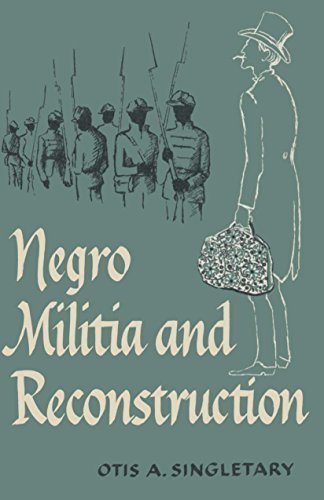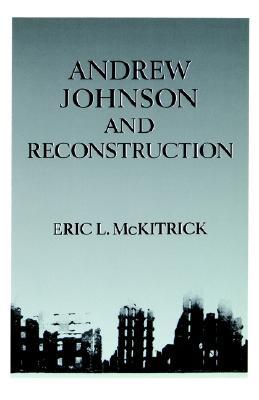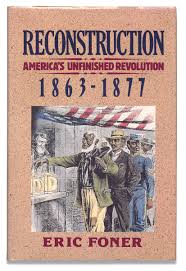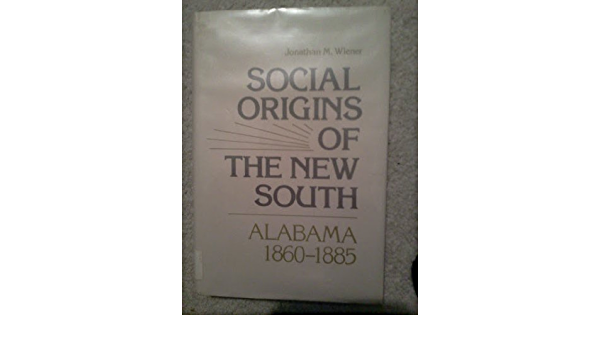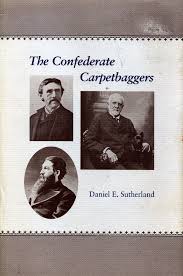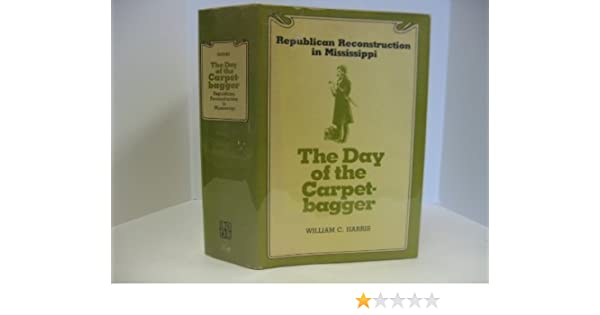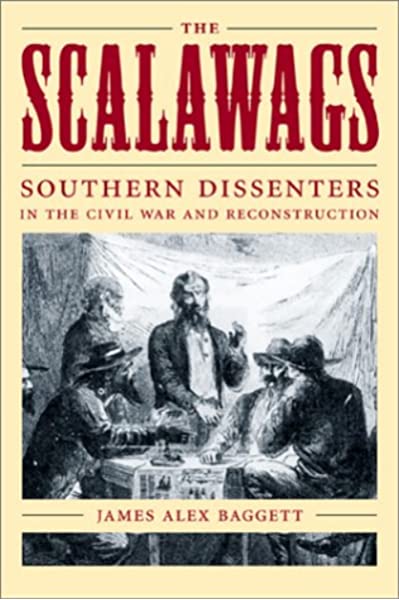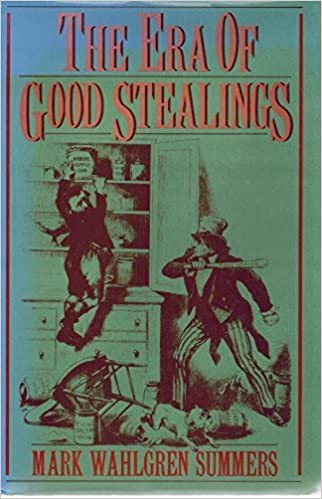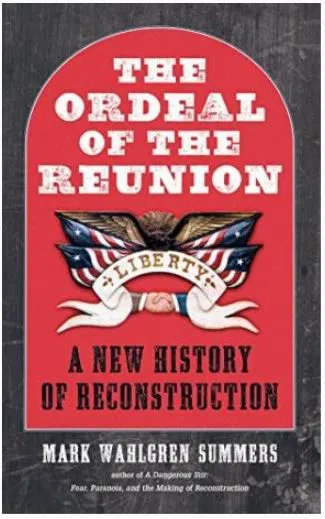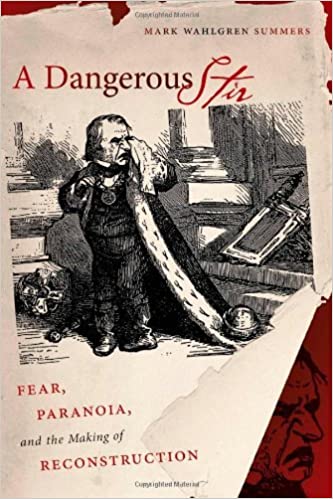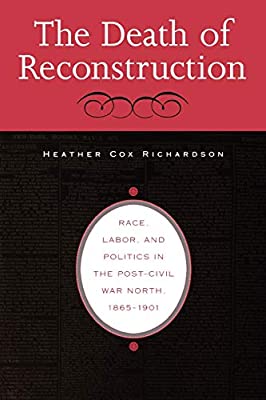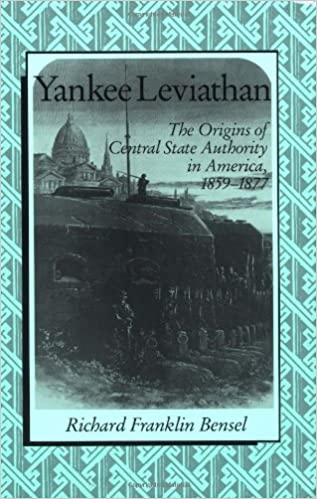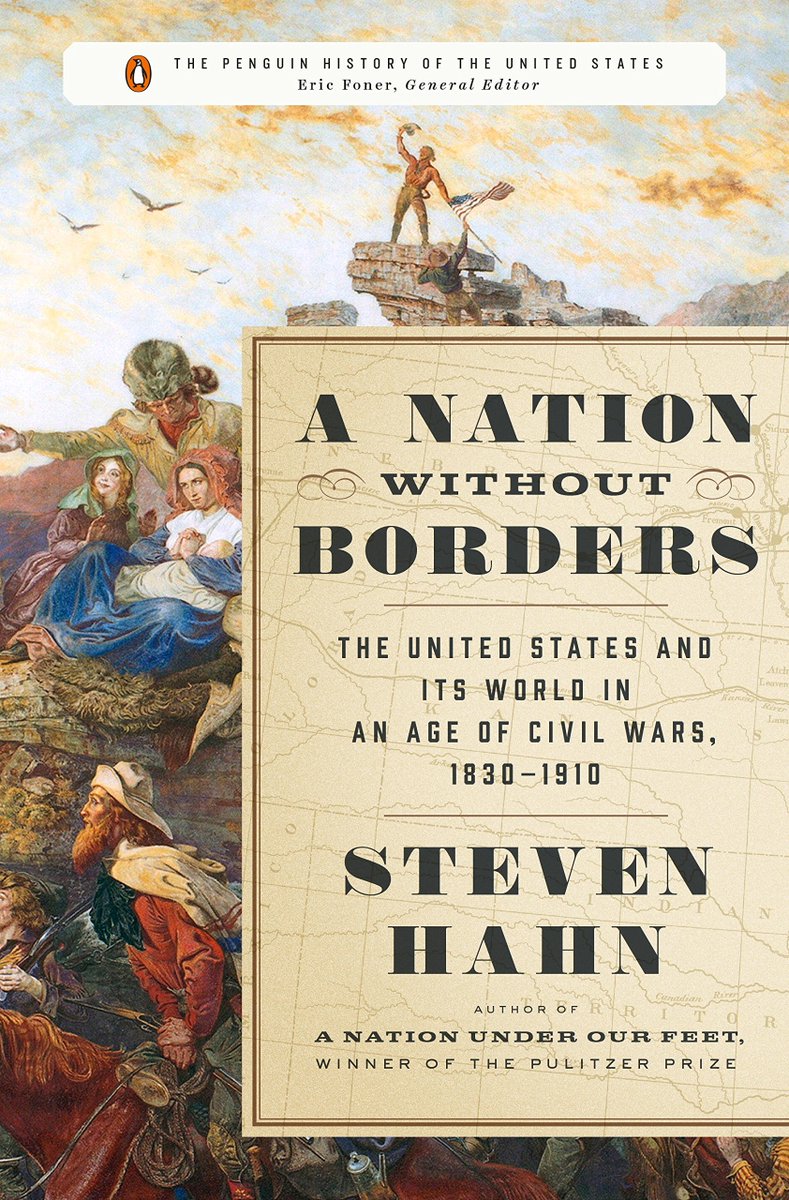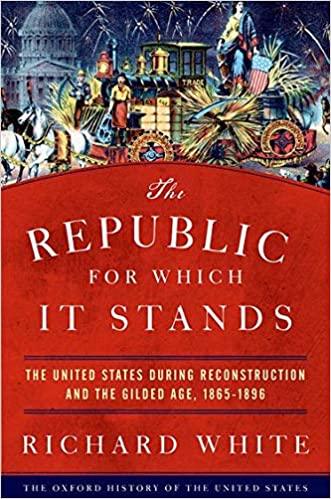@Peter_Nimitz @rhizostigmata @KegzK @RogueScholarPr @GuiDurocher @Sorel_ebooks @HistorysE @theeternalright @real_thomas777 @RoiRoiDame A book thread on the historiography of Reconstruction in America. Please share if you find interesting.
Before I started studying German hist in grad school, My focus was on Southern hist as undergrad. Reconstruction remains my favorite body of literature because the history and controversies regarding the historiography are almost as interesting as the history itself
Pike, "the Prostrate State". One of the first journalistic accounts of reconstruction. Highly negative in its assessments of black competence in government. Many images from the film "Birth of a Nation" come straight from this book. South Carolina in particular was at the center
of criticisms of reconstruction because it was the only southern state in which a majority of the population were black and therefore blacks and republicans made up majority of elected representatives.
Dunning, "The Civil War and Reconstruction" . William Dunning was the first serious academic to study Reconstruction (he was a professor of history and poly sci at Columbia Uni (((before the flood))). Dunning is excoriated by modern historians for "racism", however, most
leveling these accusations haven't read his work, because race is barely ever brought up. Dunning's concerns were with the constitution and legality with regards to reconstruction. He was also deeply concerned with undo strain that black civil rights and suffrage put on the
preservation of union. This collection of essays is the best intro to his work.
The reason Dunning is so controversial is not necessarily because of his work, but the work of his doctoral students. Dunning oversaw the production of a dozen or so dissertations on reconstruction
The reason Dunning is so controversial is not necessarily because of his work, but the work of his doctoral students. Dunning oversaw the production of a dozen or so dissertations on reconstruction
on various southern states, This literature set the tone for reconstruction history for the next 50 years. I have only read/skimmed two of these studies, which are pictured below. If you go to Dunning's Wiki, you can find all the other studies and all of them are available online
This was written in the 1920's and is highly readable/entertaining. Primarily emphasizes how unpopular reconstruction was and how vindictive and hypocritical many radical Repubs were. Not particularly academic, but entertaining.
One of the most entertaining older histories of reconstruction. Coulter was a decent academic, but he shines as a writer. Believe it or not, academic historians used to be funny and engaging writers. Lots of redpills in this one that are left out of modern histories.
Interesting study from the 50's. I think this book marks a turn in reconstruction scholarship to more liberal, pro-republican, and pro-black stance. John Hope Franklin's "Reconstruction after the Civil War" is another example of this. There are others but most are not interesting
This is the big kahuna of modern Reconstruction scholarship.I could go on forever about the negative impact this book had on Reconstruction historiography, but that aside, its a decent book that anyone interested in this subject needs to read. There is an abridged version as well
This is a fairly obscure work, but it was highly influential on me. The author applies Barrington Moores "Social Origins" thesis on the post-war south. Unlike Vann Woodwards thesis, Weiner does not believe the south accepted northern free labor ideology altogether but instead
advaned a fusion of older pre-capitalist traditions into capitalist modernity (what Moore would call the capitalist authoritarian route to modern world). Basically its applying the German sonderweg thesis to the south.
"Confederate Carpetbaggers". Interesting study focusing on many confederate elites who relocated to the north. "The Day of the Carpetbagger" was one of the last empirical, exhaustive studies of Reconstruction politics that wasnt complete left-wing propaganda.
This is a good study that focuses on the southern whites that voted republican during reconstruction. Mainly focuses on yeoman farmers, and some poor whites in the upper south (Tennessee for example) who preferred republicans to democrats, because they hated old planter class.
Mark Summers is one of the few decent post-Foner historians. Emphasizes inevitable problems inherent in reconstruction and why it failed. Corruption is a big theme of his, along with preservation of union/free labor being biggest goals of most repubs, not black civil rights.
Most of Richardson's work is standard Fonerite stuff, but this was her first and only good book on Reconstruction. Emphasizes why Reconstruction failed, primarily due to ideology being out of sync with conditions on the ground on the part of the northern bourgeois elite.
Northern elite emphasized free labor, which did not match the real world social and political conditions blacks found themselves in. Northern workers resented northern bourgeois elites emphasis on the rights of black southerners as free contract labor. Northern workers rebelling
against the failed project of reconstruction of south was also about rejecting laissez faire economic status quo. Interesting thesis.
This is one of my favorite studies of reconstruction politics and gov. Emphasizes reconstruction as the first step in creation of centralized, modern bureaucratic state.
There are a number of smaller studies I could highlight but instead I will highlight these two larger historical syntheses. Both these works only reference reconstruction in a chapter or two, but they emphasize the important recent post-revisionist arguments about the subject.
In a sense, both White and Hahn are approaching reconstruction from the political left, but they break with the pro-republican, optimist tone of other Fonerite histories. Emphasize Reconstruction as larger project of creating homogenized citizenry and nation. Indians in the west
also had to be "reconstructed", as subjugation of native tribes was also apart of political goal of reconstructing nation, creating mass democratic, bourgeois citizenry.. Read these books and go through footnotes to find more specific studies on Reconstruction.

 Read on Twitter
Read on Twitter